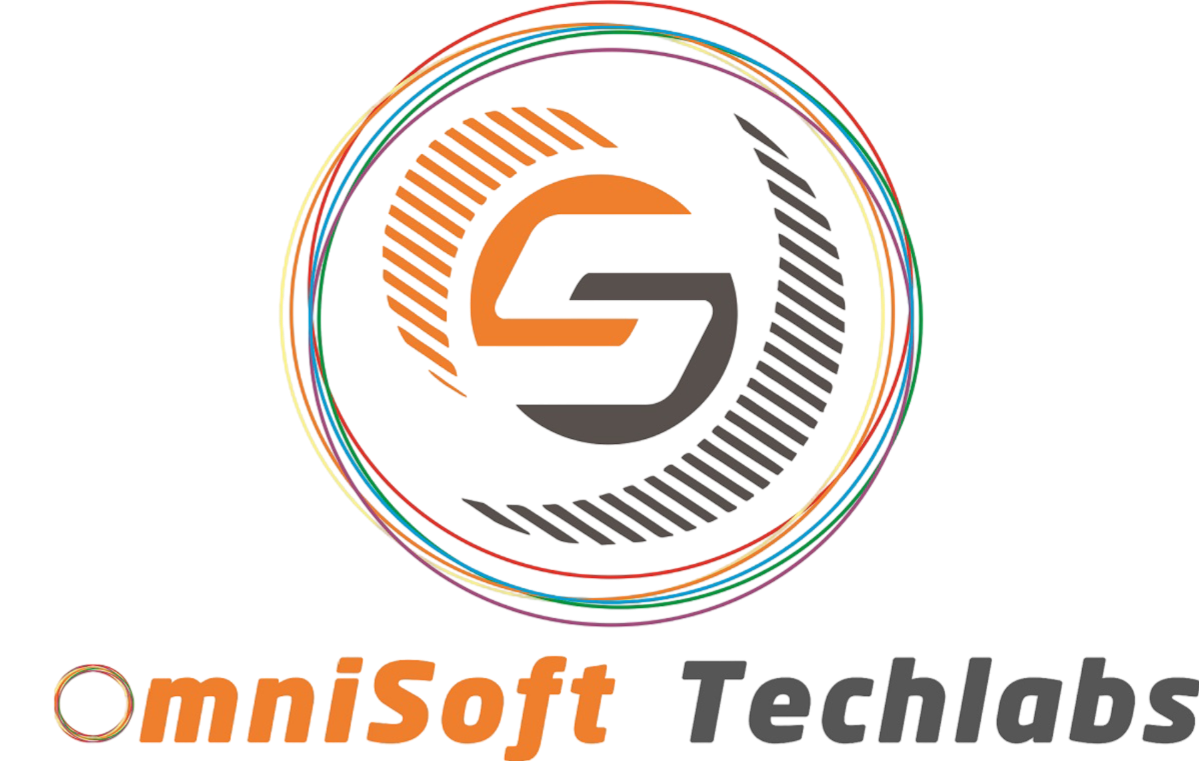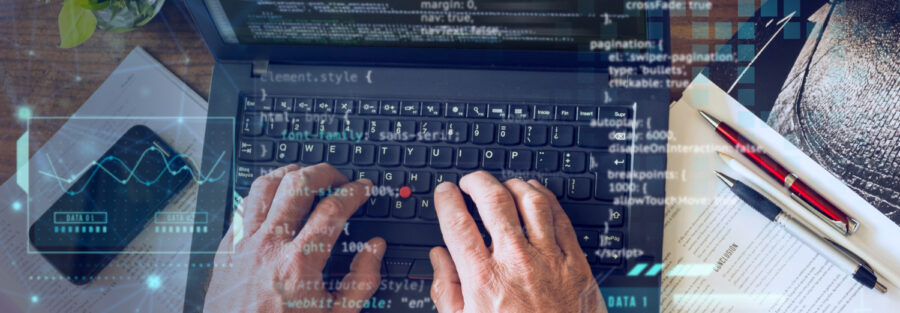Artificial Intelligence (AI) has brought major transformations across a number of industries. One notable AI-powered chatbot developed by OpenAI is ChatGPT – one of the latest innovations to hit software development. ChatGPT has gained much acclaim due to its capacity for performing programming and coding tasks, prompting speculation over its potential ability to replace software developers. In this article we’ll look at the potential and drawbacks of AI in programming, examine its role in software development via ChatGPT, and then discuss what comes next in this era of automation for software development.
ChatGPT powered by OpenAI has garnered immense interest within the tech community. Trained on an immense volume of textual information, ChatGPT excels in responding consistently and accurately to user prompts with pertinent responses ranging from writing essays or solving math-related problems, all the way up to complex programming or debugging tasks – many people believe ChatGPT may even one day replace software engineers altogether!
AI in Coding
Artificial intelligence (AI) has already made waves in several areas related to software creation. From automating testing and code restructuring to AI-powered tools for developers, these are proving their worth in saving both time and effort while increasing code quality. Yet the question still stands: will ChatGPT take over software developers completely?
Enhancing Productivity
One of the primary advantages of AI programming is its capacity to increase productivity. ChatGPT’s vast library of knowledge enables developers to generate code snippets rapidly and with precision. By automating repetitive tasks, ChatGPT allows programmers to focus on more intricate areas of development which ultimately results in increased productivity and reduced development times.
AI in Programming Another benefit that could be realized with the assistance of artificial intelligence in programming is its capacity to bridge skill gaps. By using ChatGPT developers with less experience can take advantage of its abilities to enhance their coding abilities and learn its code more quickly – particularly useful when they are starting their careers and still developing. ChatGPT serves as guidance and mentorship as they improve their programming abilities.
Facilitating Collaboration
Collaboration is a core part of software development. AI tools like ChatGPT support collaboration between developers by offering them a platform to exchange code fragments and ideas freely with one another, as well as brainstorm and discuss concepts with their colleagues to create better code overall. AI’s role in programming also aids collaboration efforts for improved efficiency during software creation processes.
Automation of Repetitive Tasks
AI can bring major advantages to programming by automating repetitive jobs. Developers spend considerable time formatting codes, refactoring code and fixing bugs – these tedious processes often consume too much of their time compared to more pressing development matters. ChatGPT makes these tasks simpler so developers can focus their energy and attention where it matters – leading to increased productivity and higher quality code!
Artificial Intelligence in Coding
Artificial intelligence can be an incredibly powerful tool, such as ChatGPT’s AI. However, it is essential to remain aware of its limits. AI should never replace human programmers; there will always be elements of software development which AI cannot duplicate meaningfully.
Creativity and Problem Solving
Software development requires creative thinking and problem-solving abilities from its developers, including AI systems like ChatGPT that cannot replicate this imagination or come up with creative solutions for complex issues. Though ChatGPT may produce code based on models or patterns, human developers possess far greater imagination and sensitivity that AI systems.
Developers play an essential part in understanding user requirements and translating these into useful software products. Developers engage with stakeholders and clients to collect requirements, make design decisions, and ensure the product they create meets user needs. Artificial Intelligence such as ChatGPT cannot understand all the nuances of users’ demands to provide effective solutions; while human developers possess deep insight into this space and are better suited at tailoring software specifically to these demands.
Contextual Understanding
Context is of utmost importance in software development. Developers must understand the wider background of a project, including business goals and industry standards as well as technical constraints. ChatGPT produces code based on commands alone without providing enough context to make informed choices whereas human developers can take an holistic view and make decisions compatible with its overall goals.
Troubleshooting and debugging
These essential components of software development require developers to recognize and address any potential issues as soon as they arise during development. While AI tools may help identify problems more efficiently than humans can, complex debugging scenarios remain beyond their grasp without human experts navigating complex codebases effectively and solving them swiftly.
Future of Software Development Although artificial intelligence (AI), such as ChatGPT, has its flaws, it is undeniable that AI has had an immense effect on software design. Instead of replacing developers, AI will likely augment their abilities and enhance efficiency – using tools such as ChatGPT for automatizing repetitive work, increasing code quality, and working more efficiently – which could lead to faster development times, greater creativity and overall better software designs.
AI technology is constantly developing, so developers need to stay abreast of its developments and adapt their skills accordingly. Being able to incorporate AI in their processes will give them a significant competitive edge as they can use automation’s abilities for faster software creation. The future of software development lies in merging human imagination with automated automation-driven technologies like AI.
Conclusion
Though ChatGPT and AI may transform software development, they are unlikely to replace human developers entirely. AI tools such as ChatGPT will increase productivity while closing skills gaps and making repetitive tasks simpler for human developers. Human developers possess unique talents like creative thinking, problem-solving in context-sensitive environments and being able to debug issues that AI may encounter. Software development’s future lies in the integration of human expertise and artificial intelligence tools, harnessing their respective strengths to provide innovative and effective solutions. As technology continues to progress, developers must adopt AI as a powerful instrument and adapt their skills accordingly in order to thrive in an age of automation.
Software development is constantly advancing and it is crucial that developers stay abreast of new trends and take advantage of opportunities presented by AI. Though ChatGPT and other AI tools such as AutoML may simplify coding processes, developers still must use these tools efficiently while contributing their unique perspectives and problem-solving abilities into their equation. If we can strike a balance between human expertise and automated AI programming software’s future appears bright.


